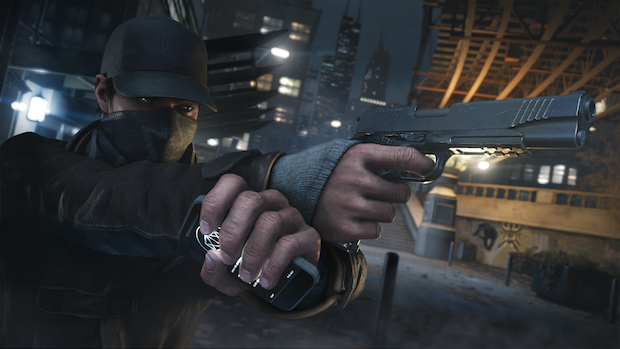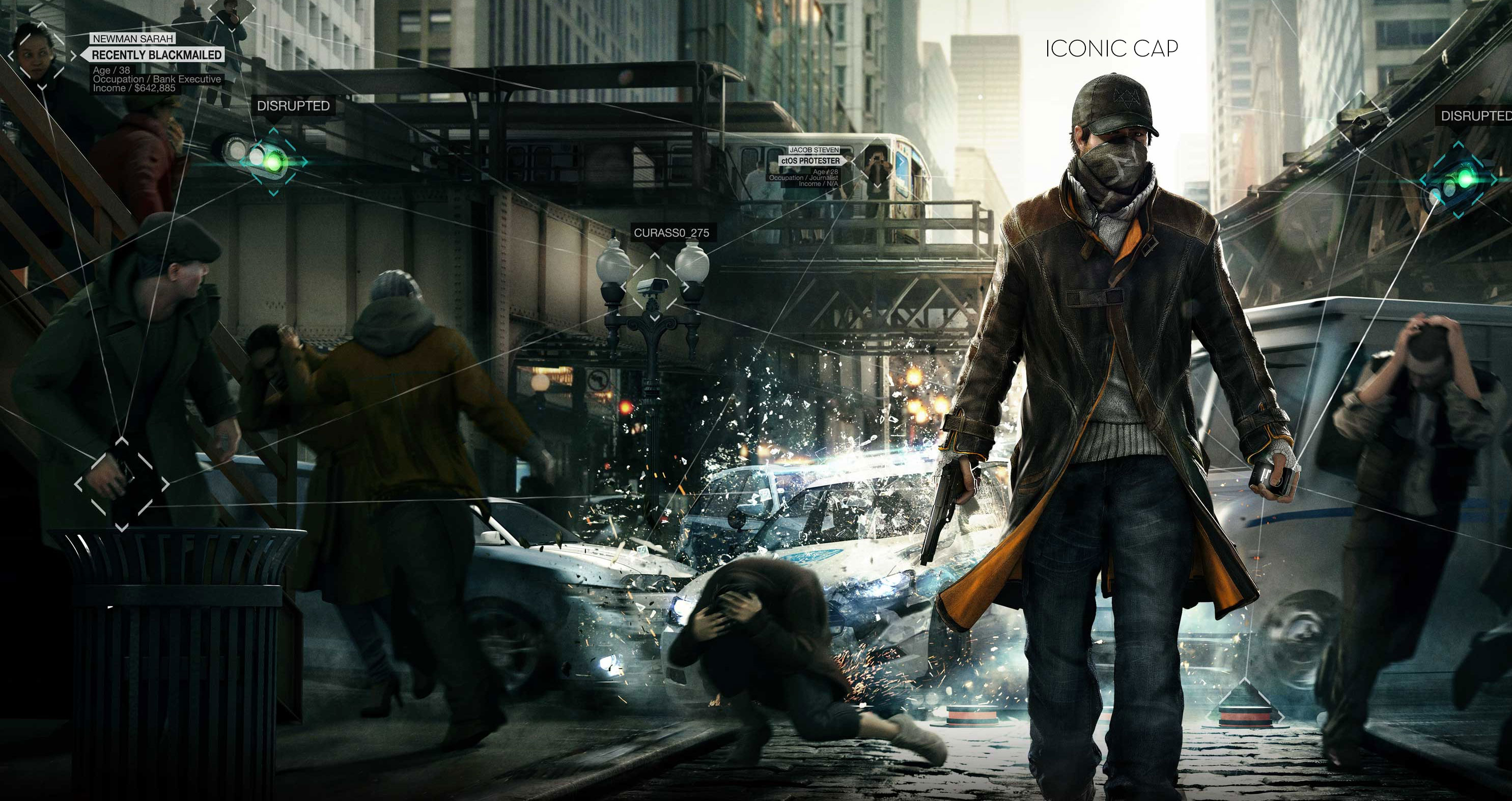At the end of Watch Dogs, Aiden Pearce is asked to make the game’s one and only moral choice: Kill a man tied to a chair or let him live. Without going into too many spoilers, since the game is still relatively new, I will only say that there are compelling reasons to both sides-whether to let him go or to kill him. There is no “right” answer. In fact, the game does not even really comment on or show you any of the consequences your choice will bring.
So why give players the choice at all? Aiden Pearce isn’t a non-character protagonist like Commander Shepherd from Mass Effect, or an empty vehicle like in Elder Scrolls. Throughout Watch Dogs, Pearce is given a very defined personality. He has his reasons for what he’s doing and he accumulates a variety of relationships with other characters.
Up until this point, Pearce has made every decision himself, and most of these decisions involve killing a lot of people. The player’s only role has been to carry out Pearce’s wishes. Pearce pulls the trigger and the player guides the bullets to their target. When I reached the end of my journey through the dark side of Chicago’s tech-powered underground, I was a little taken back that all of a sudden the game wanted my opinion.
I shot him in the face.

It wasn’t because I wanted to. Had this been a game like Mass Effect, or Elder Scrolls, where a player’s ethical reasoning and decision-making skills steer the story, I would not have even hesitated to put my gun down. But that would have been wrong, at least for Aiden Pearce.
As I previously stated, Pearce kills a lot of people throughout the course of Watch Dog’s 30 to 40 hour runtime. I thought to myself, “What’s one more dead body amongst the thousands that have already filled up the Chicago morgues?”
Pearce wouldn’t care, I reasoned. And since I was Pearce, I decided that I didn’t care either. While I have no doubt I made the right decision, days later, I still wonder why would the developers even give me the choice in the first place?
The only reasonable explanation I can think of is that they wanted me to decide whether Pearce deserved redemption. Choosing to spare that last life may have given the game a more optimistic ending, but that feels like a betrayal of the kind of person I had to understand Pearce of being.
Over 30 in game hours of nearly non-stop shooting and general anarchy can’t be wiped clean by one act of mercy. But is that the ending the developers wanted me to pick? Countless games feature protagonists whose unquenchable bloodlust is waved aside at the end to make way for the traditional happy ending.
I think back to games like Ubisoft’s own Assassin’s Creed series. How many innocent bystanders did I kill, unintentionally or otherwise, to achieve my own ends? And in the end it all gets wrapped up in a neat, morally assuring ending that I did the right thing.
Perhaps I’m getting older, or maybe I’ve just gotten more cynical. In the end, I decided Pearce didn’t deserve redemption, regardless of what the developers may have hoped I would believe.
Watch Dogs isn’t the only game to give players the final say in the end. Max Payne 3 also featured a similar ending where the fate of the game’s main villain was left up for the player to decide. It too was the only time throughout the entire game that the player was given a choice of whether or not to condemn a man to death.
That time, I made the decision not to pull the trigger. I reasoned that Max, despite his own bloody history, would spare this one character, if only to see him suffer even more at the hands of the judicial system.
These one-off choices seem out of place. However, as I think more and more about it, perhaps there’s something to the idea of letting players have the final say in deciding for themselves the message of the game’s story. It’s almost like a way to force the player to think back on their journey and consider everything they’ve done.
In an era where video games indulge in hand holding styles of design, more than ever before, these types of decision-making leave players with more questions than answers.
Like I said before, I don’t doubt I made the right decision, but the fact that game even offered me another way makes me think that these sorts of one-time moral choices may not be completely pointless.
If they can make players actually stop to think about what impact their in-game action may have, what can be wrong about that?

